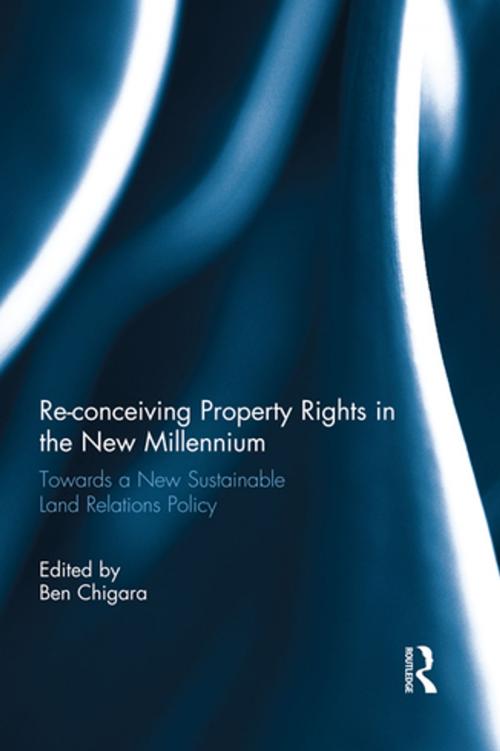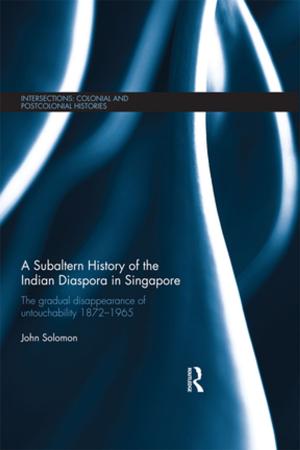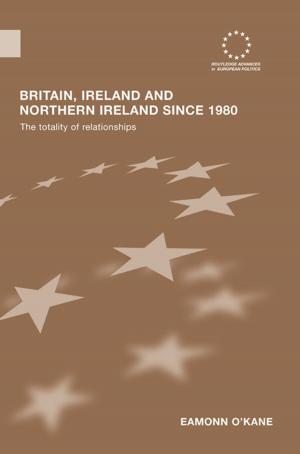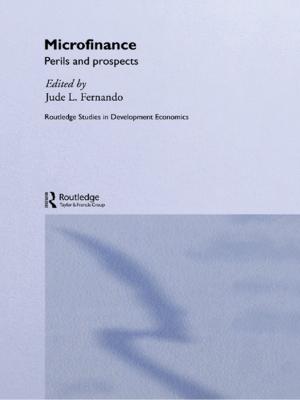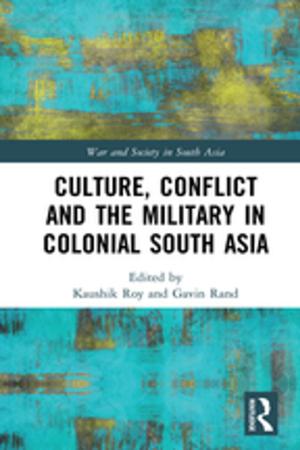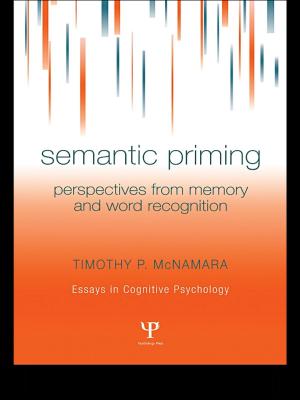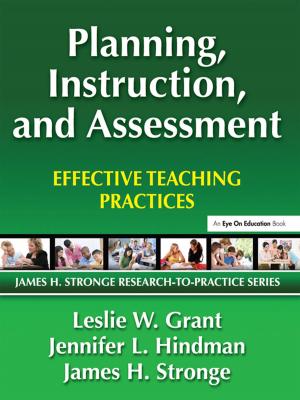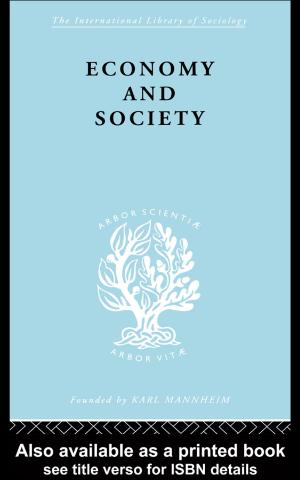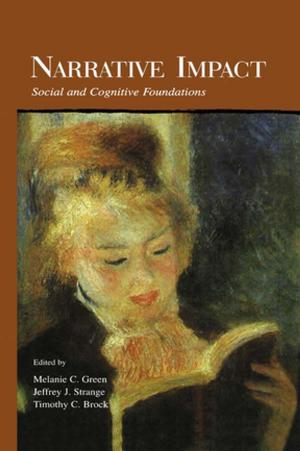Re-conceiving Property Rights in the New Millennium
Towards a New Sustainable Land Relations Policy
Nonfiction, Reference & Language, Law, Land Use, Natural Resources| Author: | ISBN: | 9781136656248 | |
| Publisher: | Taylor and Francis | Publication: | March 1, 2013 |
| Imprint: | Routledge | Language: | English |
| Author: | |
| ISBN: | 9781136656248 |
| Publisher: | Taylor and Francis |
| Publication: | March 1, 2013 |
| Imprint: | Routledge |
| Language: | English |
This book constitutes volume two of a two volume examination of development community land issues in Southern Africa. Following from volume one Southern African Development Community Land Issues, this book considers the possibility of a new, sustainable land relations policy for Southern African Development Community States (SADC) that are currently mired up in land disputes that have become subject of domestic, regional and international tribunals. Chigara demonstrates that land relations in the SADC have always been, and will perhaps remain, a matter for constitutional regulation. Because constitutional laws are distinctive from other laws only by constitutional design, legal contests appear to be the least likely means for settlement in the sub-region. Only human rights inspired policies, that respond to the call for social justice by acknowledging both the current and the underlying contexts to the disputes, hold the most potential to resolve these disputes.
The book recommends efficient pedagogical counter-apartheid-rule psychological distortions regarding the significance of human dignity (PECAPDISH) as a pre-requisite and corollary to the dismantling of the salient physical legacy of apartheid-rule in affected SADC States. The book shows that PECAPDISH’s potential and benefits would be enormous.
The book will be of interest to students and researchers of Property and Conveyancing Law, Human Rights Law, and Land Law.
This book constitutes volume two of a two volume examination of development community land issues in Southern Africa. Following from volume one Southern African Development Community Land Issues, this book considers the possibility of a new, sustainable land relations policy for Southern African Development Community States (SADC) that are currently mired up in land disputes that have become subject of domestic, regional and international tribunals. Chigara demonstrates that land relations in the SADC have always been, and will perhaps remain, a matter for constitutional regulation. Because constitutional laws are distinctive from other laws only by constitutional design, legal contests appear to be the least likely means for settlement in the sub-region. Only human rights inspired policies, that respond to the call for social justice by acknowledging both the current and the underlying contexts to the disputes, hold the most potential to resolve these disputes.
The book recommends efficient pedagogical counter-apartheid-rule psychological distortions regarding the significance of human dignity (PECAPDISH) as a pre-requisite and corollary to the dismantling of the salient physical legacy of apartheid-rule in affected SADC States. The book shows that PECAPDISH’s potential and benefits would be enormous.
The book will be of interest to students and researchers of Property and Conveyancing Law, Human Rights Law, and Land Law.
